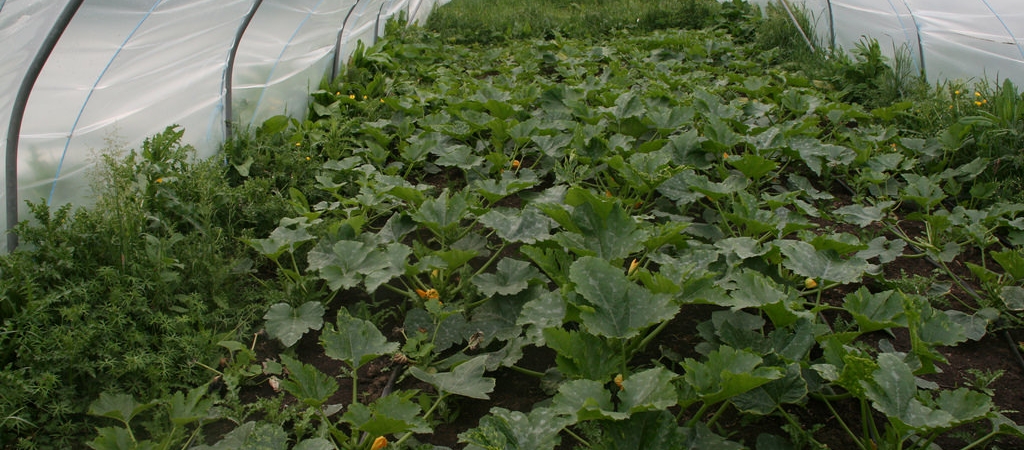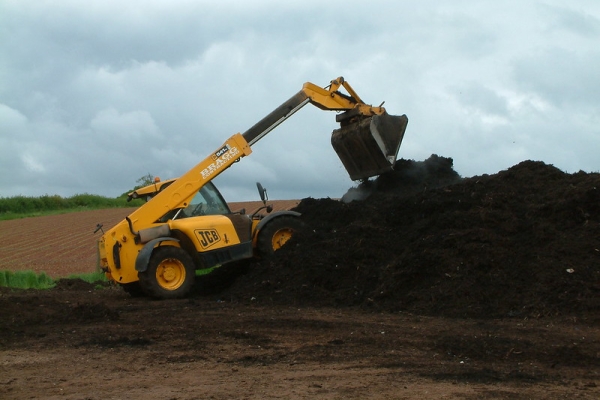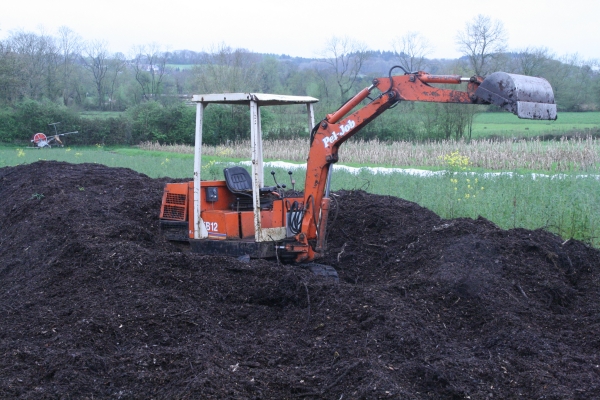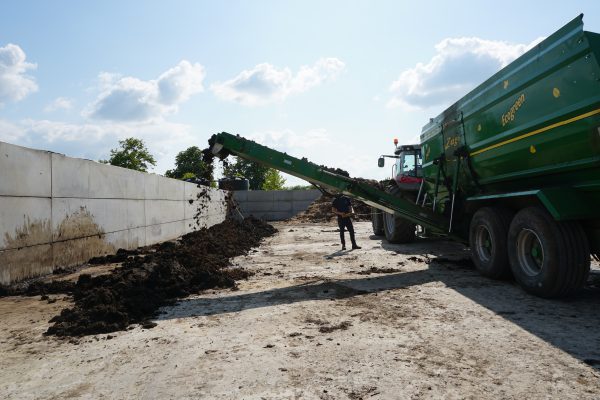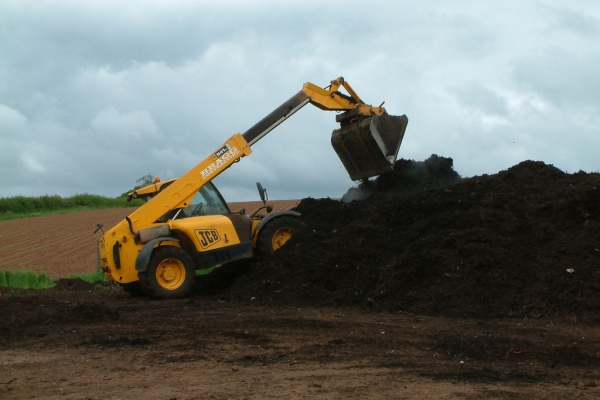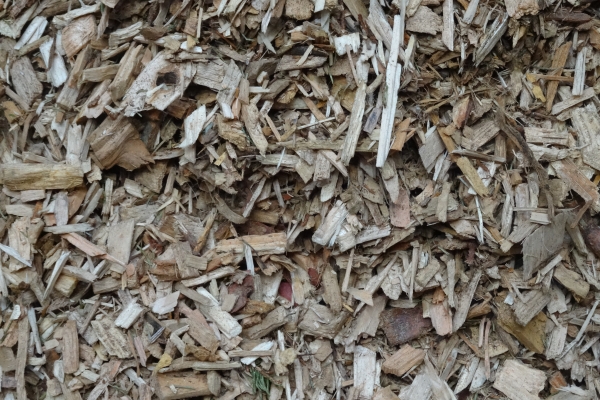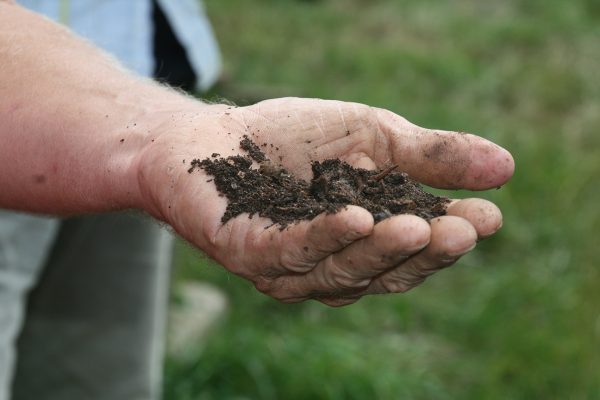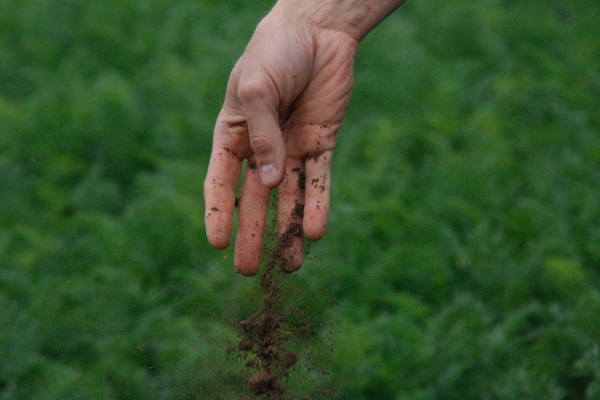Using green waste compost as a soil management tool
Farmer and Grower Profiles
Resource explained
This profile is one of a suite of farmer and grower case studies that was produced for Duchy College’s SWARM Knowledge Hub. It describes how Phil Thomas, an organic vegetable grower in Devon, uses green waste compost to boost soil structure and help with water retention in the fields and polytunnels on his farm. It outlines the way in which he uses the compost within the cropping and rotational farming system, how and when it is applied, and soil ecology, biological activity and plant nutrient availability benefits he attributes to it. Three short videos are embedded in it; one shows compost being loaded and spread on one of the fields, another is footage of Phil talking about the soil chemistry, differences between composted and non-composted organic matter, and what happens when the compost is added to different soil types. The third features Phil explaining how he applies the compost within his polytunnel cropping regime.
Findings & recommendations
- Phil explains:
- Alongside compost helping to absorb and hold nutrients in the soil through the ability to boost the cation exchange capacity, it also allows air and water to flow more freely.
- The more composted the organic matter you apply to the soil, the greater chance you have of increasing the soil’s ability to hold on to nutrients.
- To help replace depleted nutrients taken up by crops, he applies fairly large doses of compost in the spring, just before putting in the main tomato, pepper and aubergine crops. By the carrot phase of the rotation (with least nutrient requirements), the compost has already been well worked into the soil which is in ideal condition.
- Adding compost at the end of a rotation can enable you to get maximum benefit from enhancing the soil ecology.
- Phil suggests it is important to look at using compost as part of your soil rather than crop management, and as part of a long-term rotation.
- The profile includes links to interesting analyses carried out at Phil’s farm by compost suppliers Devon Waste Management. They include information on cropping details and compost applications, nutrient content, economic value estimations, and NVZ and PAS 100 compliance information.
